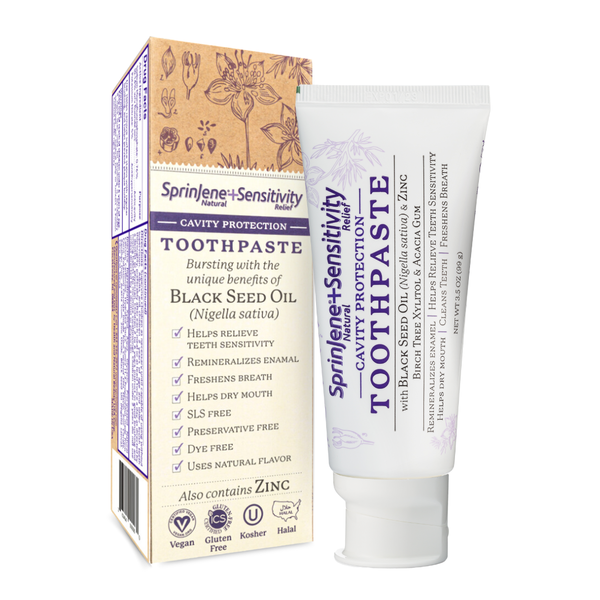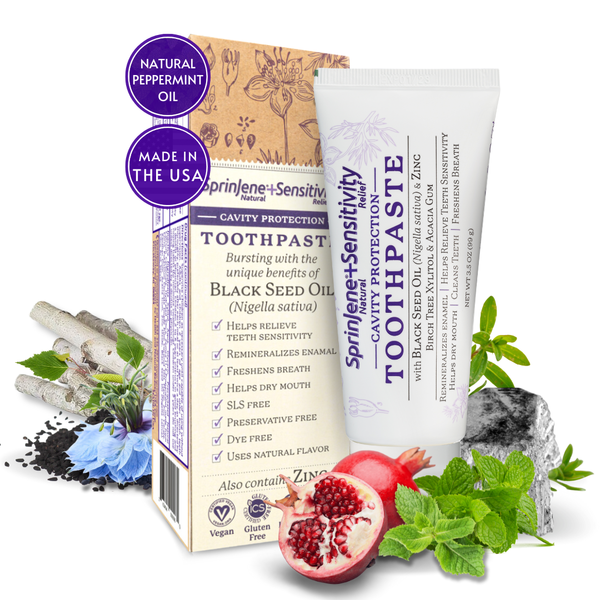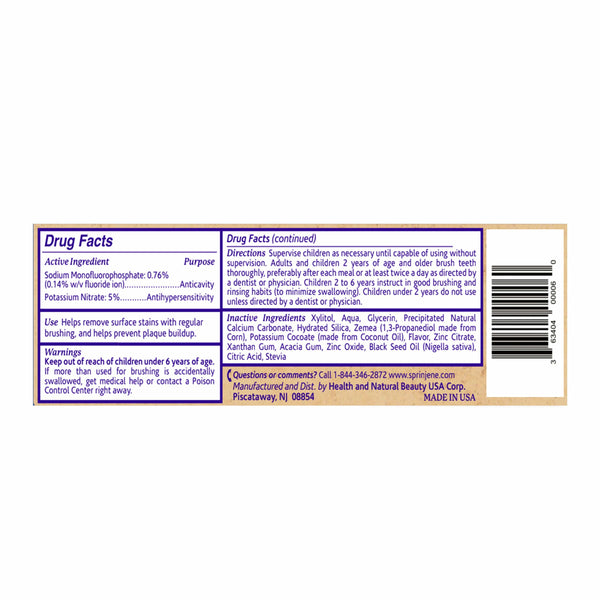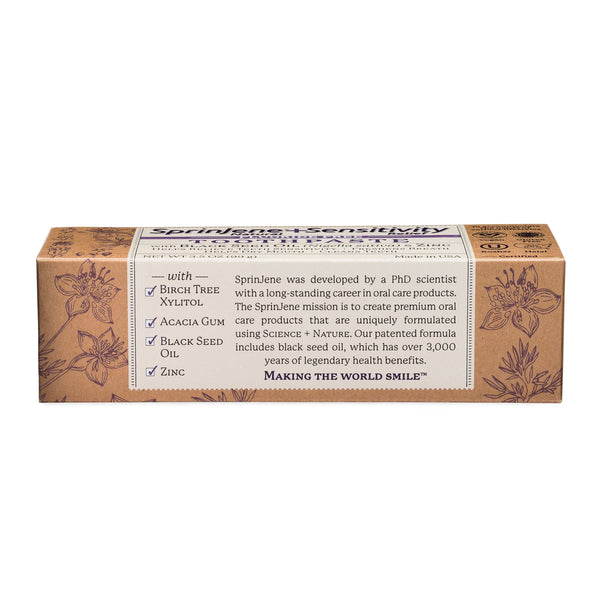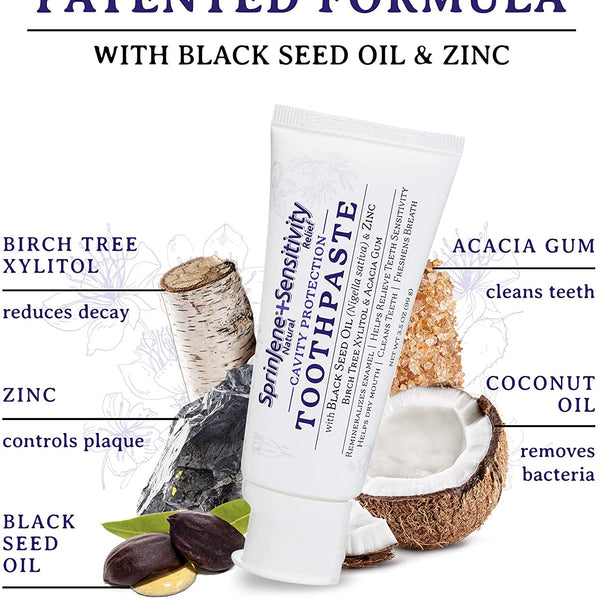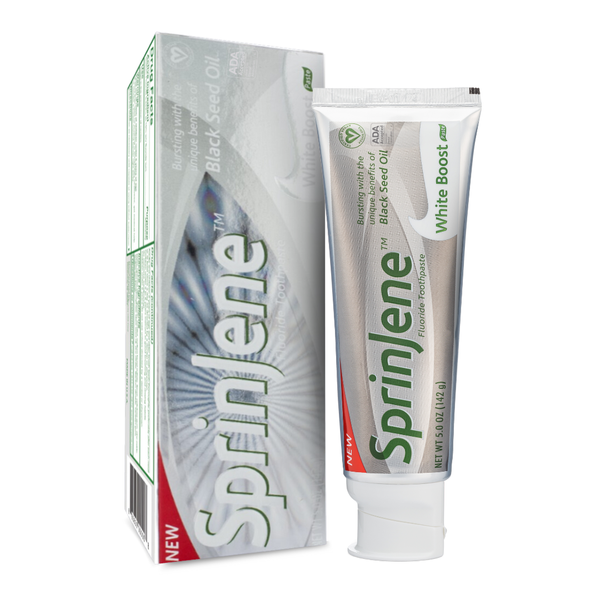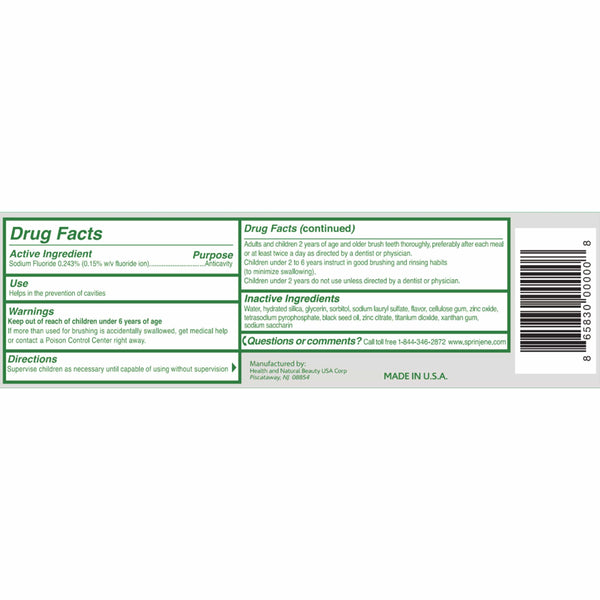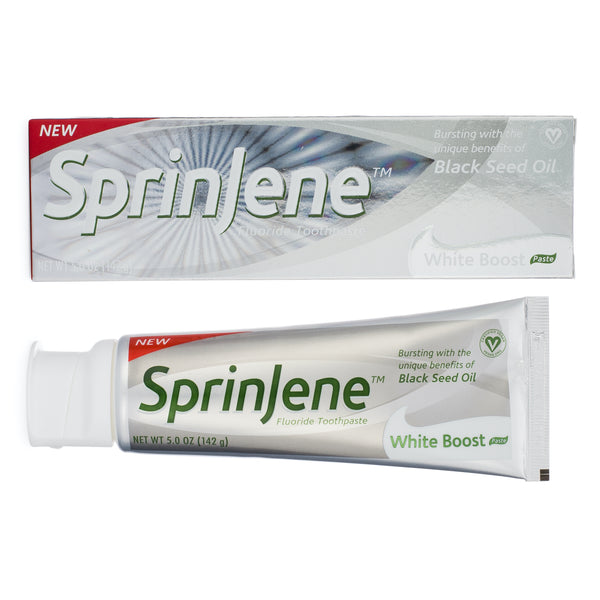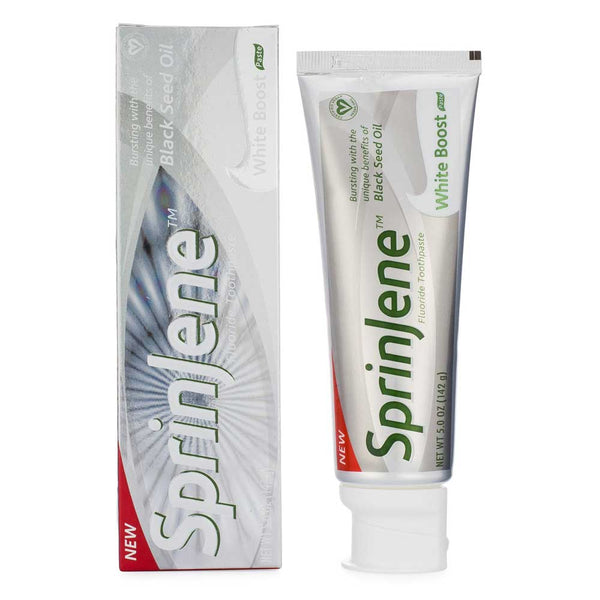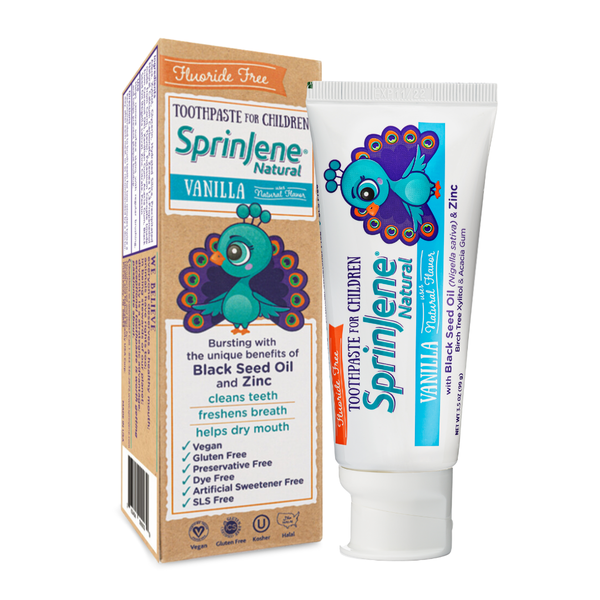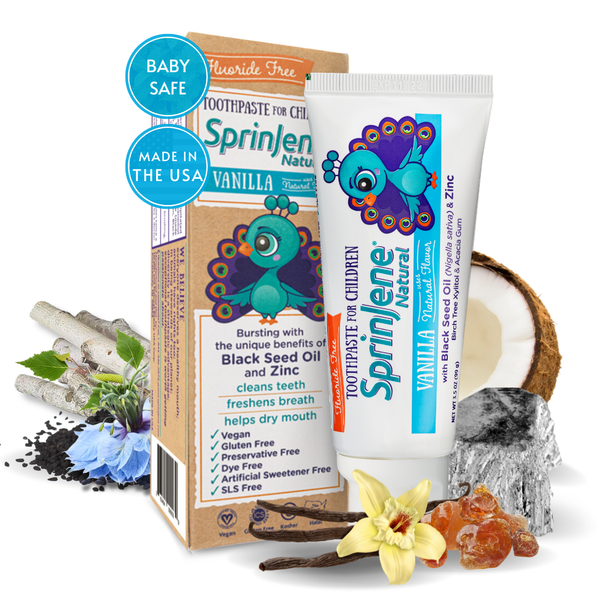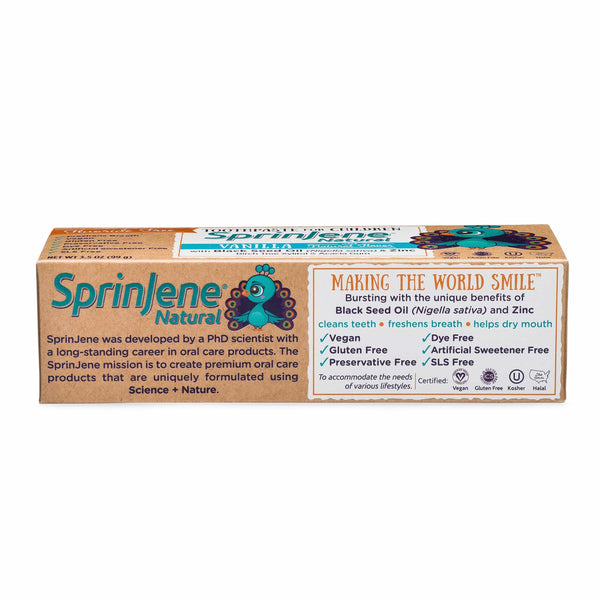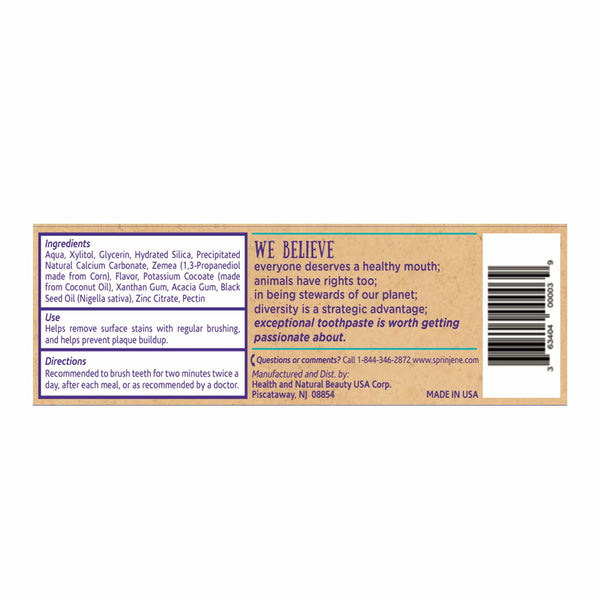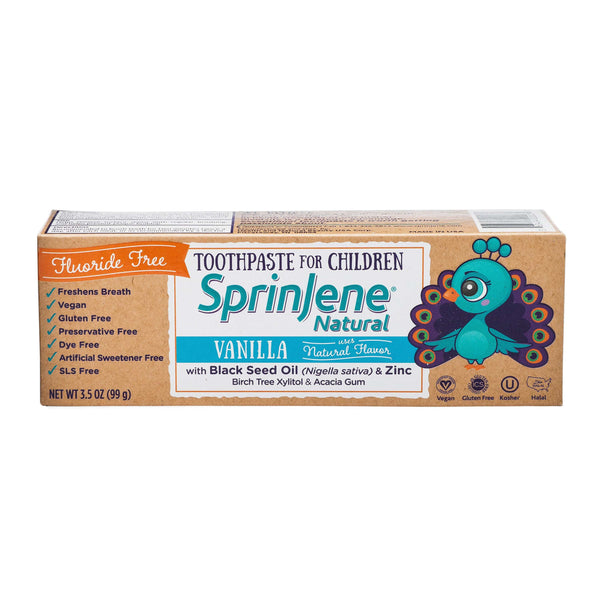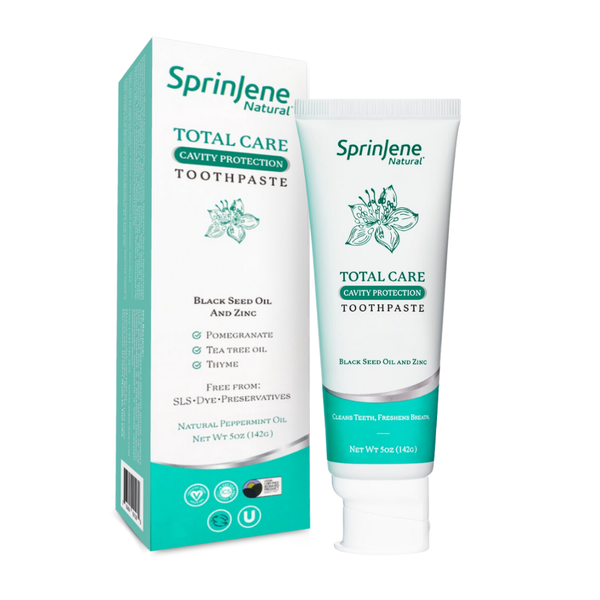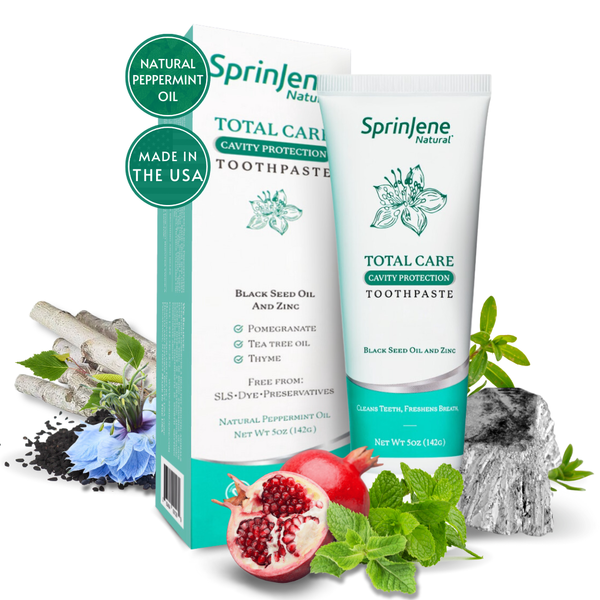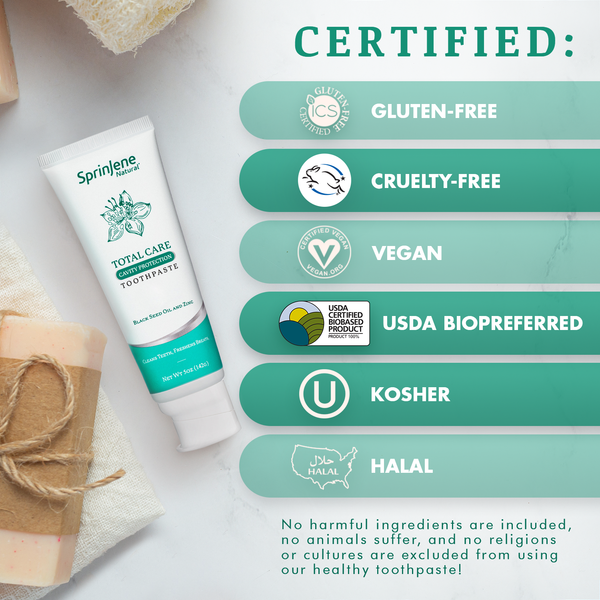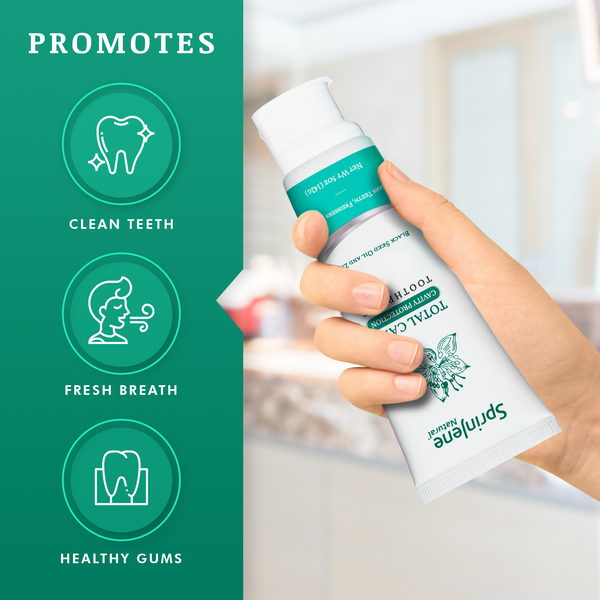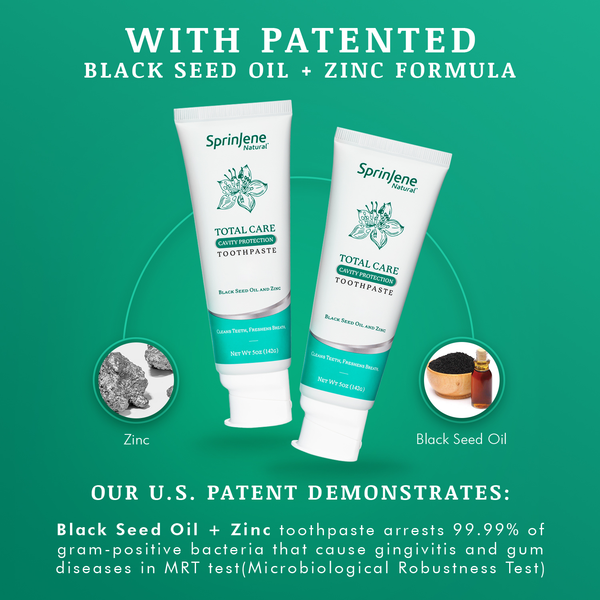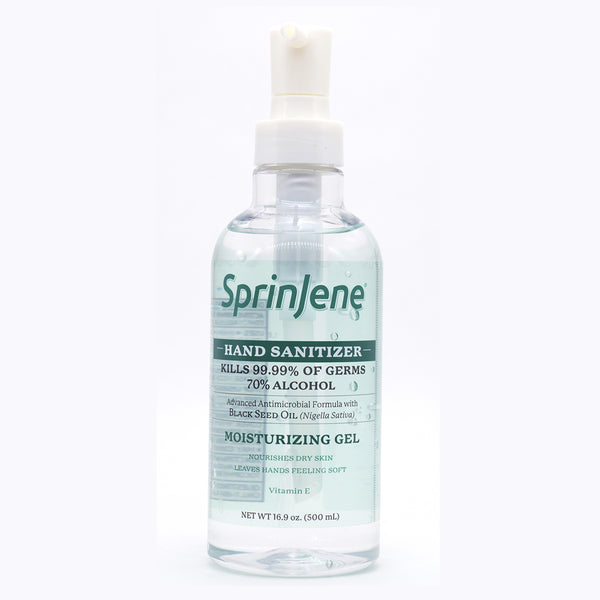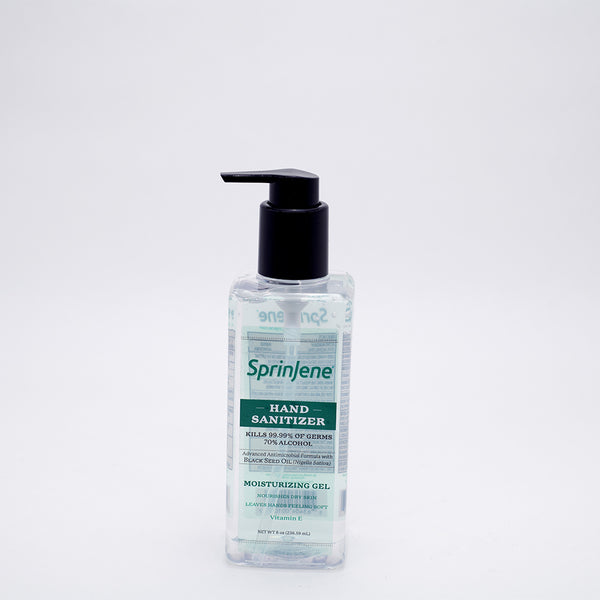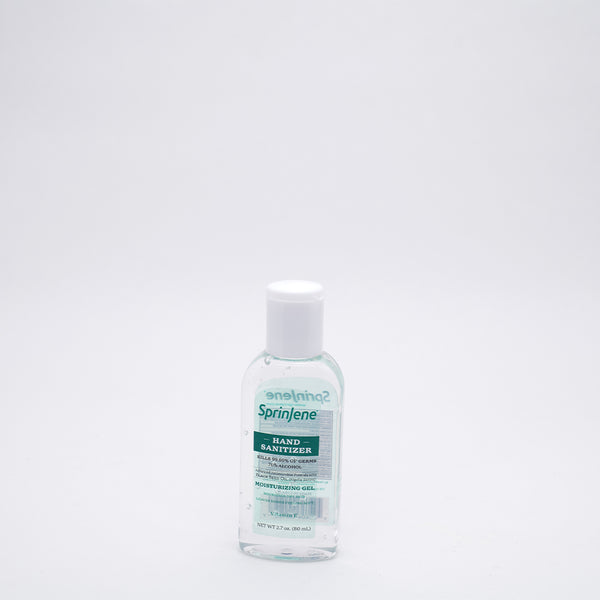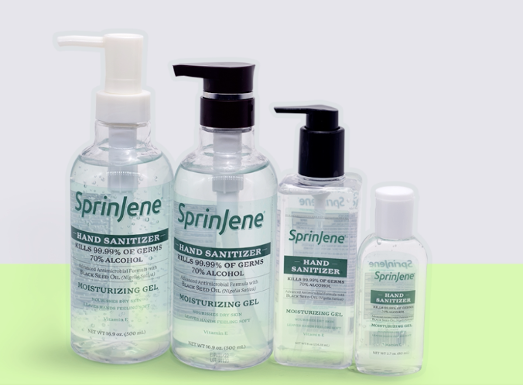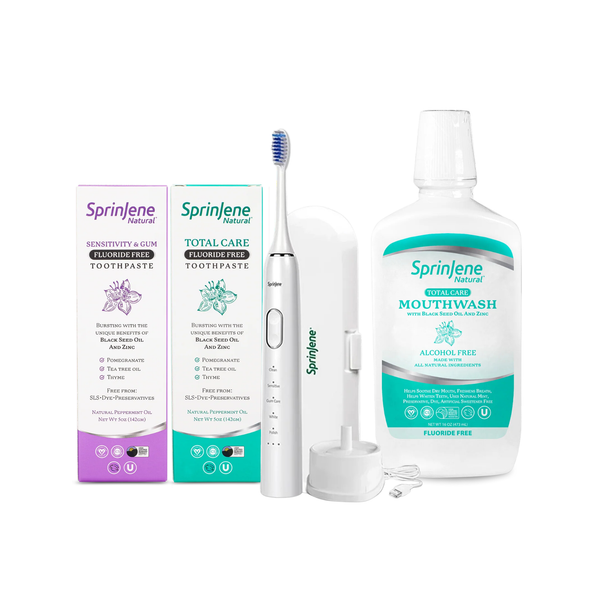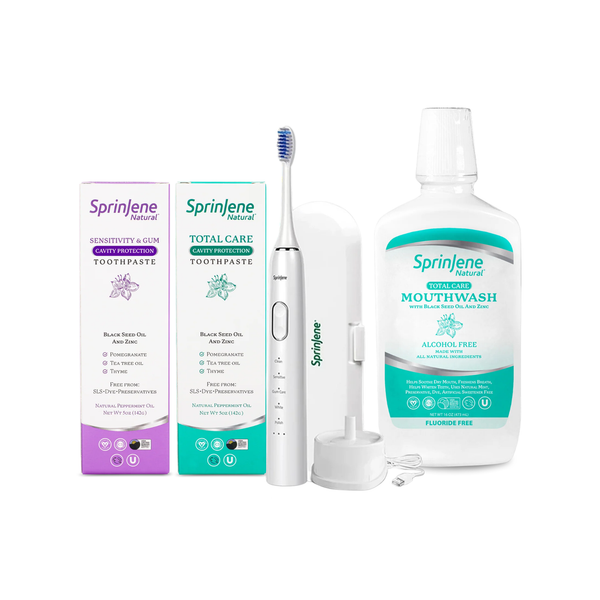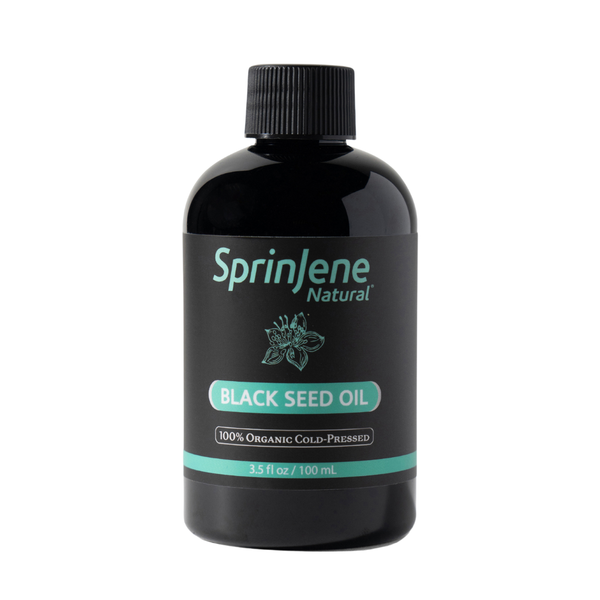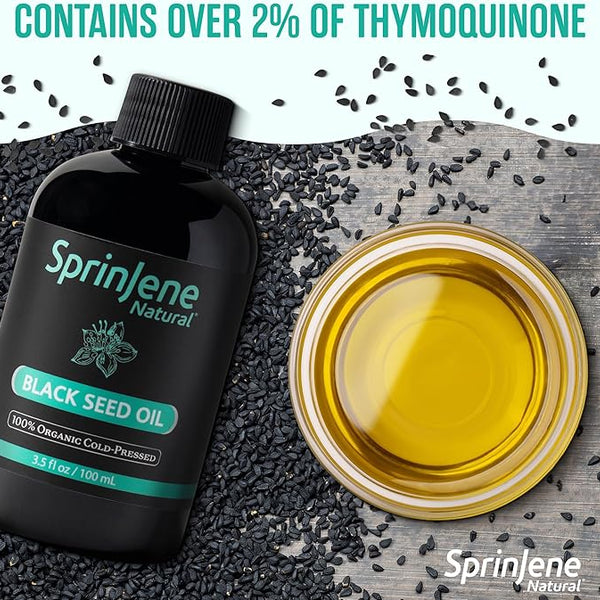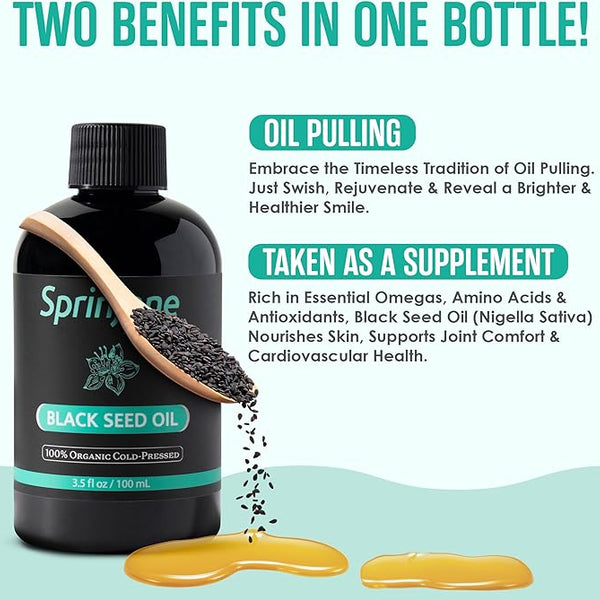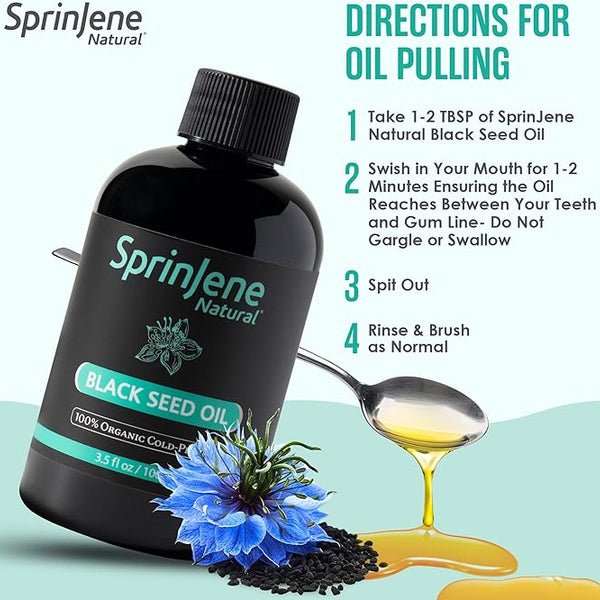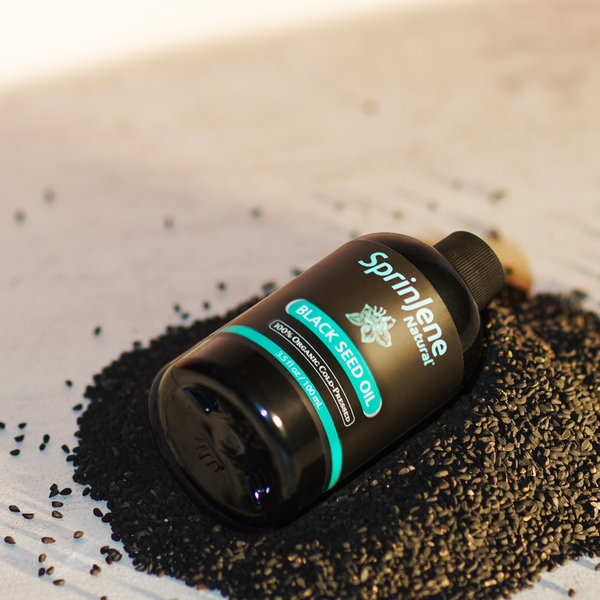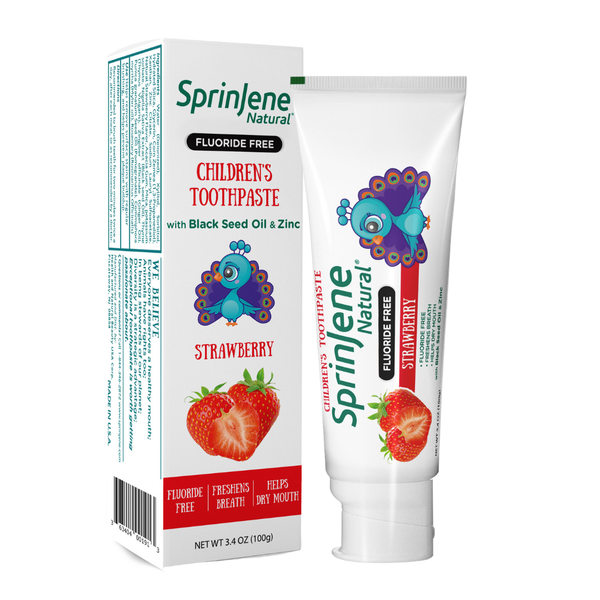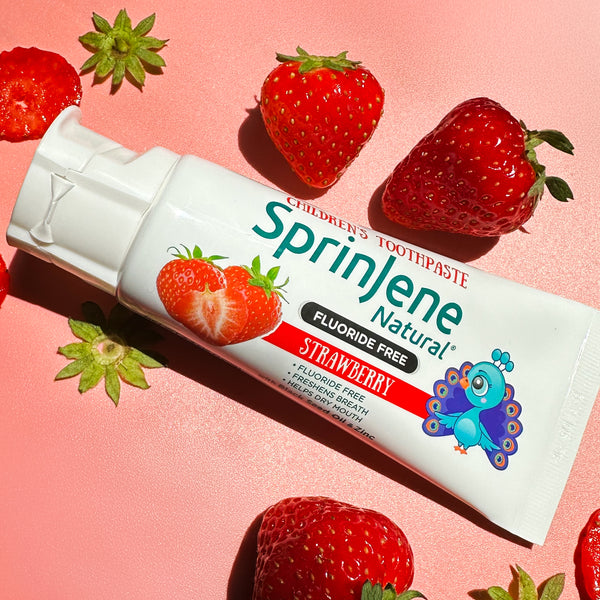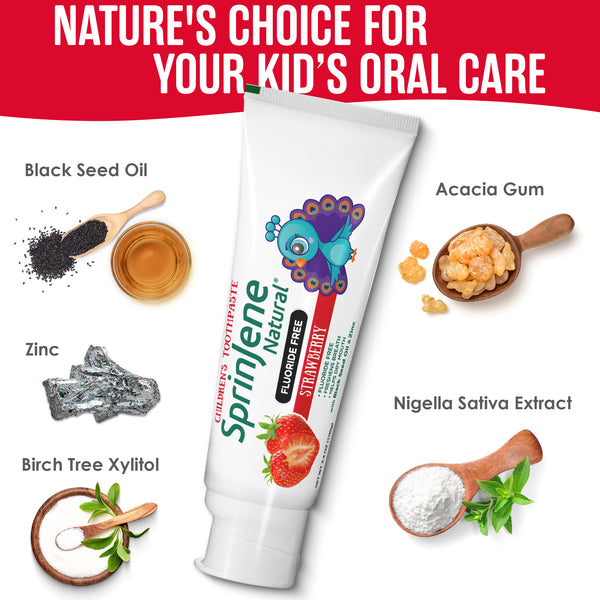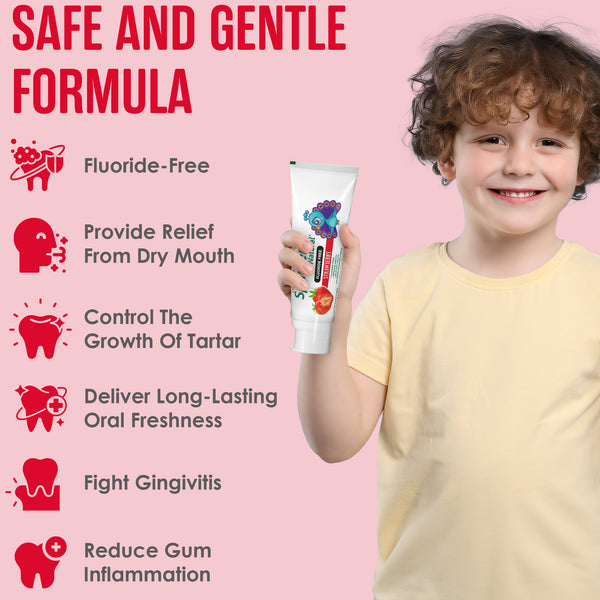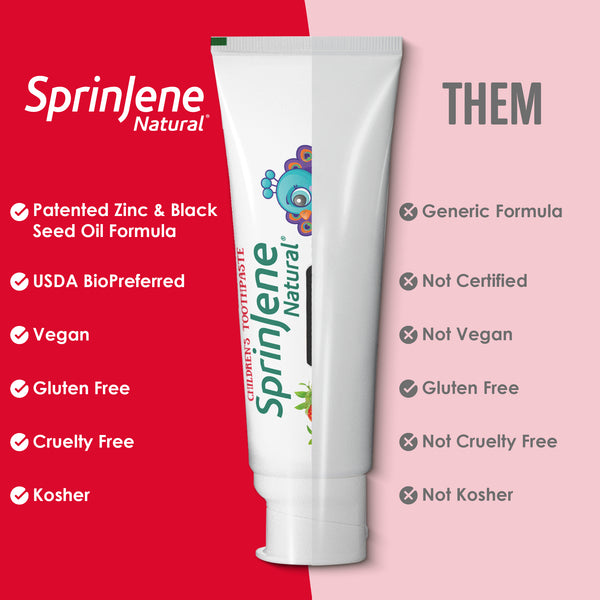
Tooth sensitivity can be quite uncomfortable and sometimes painful as well. It occurs when the outer most layer of the tooth called the enamel gets worn away by acid or abrasion exposing the underlying more sensitive layer called dentine. It also occurs when root surfaces become exposed by gum recession also causing sensitivity. patients undergo sensitivity every time they consume anything hot or cold, causing them to feel pain and discomfort. In severe cases patients are advised to get fillings and done to cover the exposed dentine and root surfaces, in more severe cases root canals are advised. Whereas mild cases can be treated by using desensitizing tooth pastes.
How Do They Work?
Desensitizing toothpastes contain some active agents, such as potassium nitrate, fluorides, and Sodium monofluorophosphates. Potassium nitrate and sodium fluoride are widely used to treat tooth sensitivity. Potassium nitrate decreases the fluid flow through the tubules by clogging them, decreases the level of activity of dental sensory nerves and prevents or reduces the sensation signals from reaching the brain
Fluorides, on the other hand, strengthen tooth enamel. With the help of fluorides, the tooth enamel can regain the minerals which it has lost during the decay process. Sodium fluoride, when applied to the exposed dentine, forms an effective barrier and results in desensitization of dentine.
One highly recommended and natural tooth paste to treat sensitivity is SprinJene Natural Sensitivity Relief Fluoride Toothpaste with Cavity protection. It features a patented formula with zinc and black seed oil, along with “good for you” ingredients like coconut oil, birch tree xylitol, and acacia gum.
The active ingredients which help in sensitivity relief are Potassium Nitrate, Sodium Monoflurophosphates and fluoride. This patented, fluoride-free toothpaste for sensitive teeth can help to:
- Provide relief from dry mouth.
- Fight gingivitis (gum disease).
- Reduce gum inflammation.
Free From:
- SLS (sodium lauryl sulfate).SLS is a chemical surfactant irritant to some people and can cause mucosal ulcerations.
- Artificial preservatives and dyes.Unnatural chemicals used to make products last longer and look a certain color have been linked to multiple health issues, especially in children.
Sprinjene Natural Toothpaste for sensitivity relief comes in two types:
- With fluoride
- Fluoride free
Benefits of fluoride
Fluoride is beneficial to teeth because it helps to:
- rebuild (remineralize) weakened tooth enamel
- slow down the loss of minerals from tooth enamel
- reverse early signs of tooth decay
- prevent the growth of harmful oral bacteria
When bacteria in your mouth break down sugar and carbs, they produce acids that eat away at the minerals in your tooth enamel. This loss of minerals is called demineralization. Weakened tooth enamel leaves your teeth vulnerable to bacteria that cause cavities.
Fluoride helps to remineralize your tooth enamel, which can prevent cavities and reverse early signs of tooth decay.
Fluoride Allergy
If you have a fluoride allergy it could make you sick. However, having a fluoride allergy is quite rare and for the people who do have it, it can be a mild to severe reaction and will need to be treated immediately
What are the Signs and Symptoms of a Fluoride Allergy?
When you suffer from a fluoride allergy, upon ingestion of fluoride your immune system sees the fluoride as a harmful pathogen or foreign body that needs to be dealt with. So, your immune system reacts by producing antibodies to ward off the pathogen causing a reaction from the fluoride allergy. Fluoride can be found in many dental products, but you can also find it in certain foods and drinks. Here are the main signs and symptoms of a fluoride allergy:
- Cuts or lesions in your mouth.
- Mild to severe headaches.
- Weakness in your muscles or joints.
- Joint and muscle pain.
- Nausea, upset stomach.
- Feeling tired or mental weakness.
- Blurred vision or trouble seeing.
- Any swelling of your mouth, tongue, or your face.
In some extreme cases of a fluoride allergy you may experience an anaphylactic shock, which is a severe condition that causes your body to shut down requiring immediate medical help.




